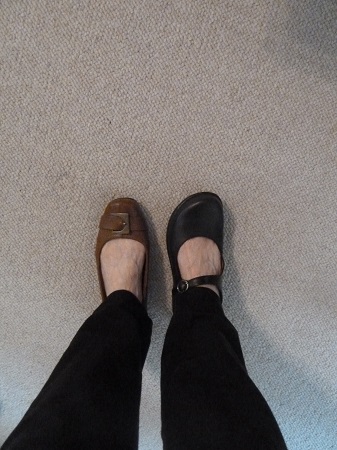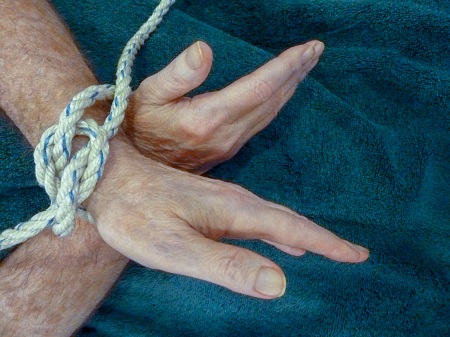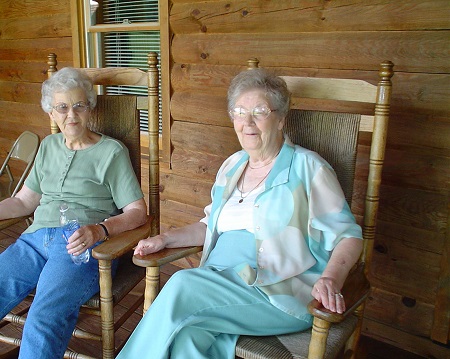Two Wrongs Don’t Make a Right
 When people wrong us, our natural reaction is to get even. We want to hurt them, to give them a taste of their own medicine. However, two wrongs don’t make a right.
When people wrong us, our natural reaction is to get even. We want to hurt them, to give them a taste of their own medicine. However, two wrongs don’t make a right.
If we keep hurting one another, everyone loses. In a battle of revenge, no one wins. Instead, we cut off our nose to spite our face. We never resolve a conflict with more conflict.
Two wrongs don’t make a right means a second offense does not cancel the first one.
- Insulting someone who insults us does not erase our pain.
- Attacking someone who attacked us does not take away the injury.
- Lying about a person who lied about us only means neither of us can be trusted.
When we harm others, we harm ourselves.
Getting even may release part of our stress. Yet, bad feelings continue. When revenge rises, let’s nip it in the bud. Get rid of it before it gets out of control.
Don’t nurse negative emotions.
Jesus offers a better way.
- Love
- Compassion
- Grace
- Forgiveness.
Jesus’ life on earth demonstrated the words He taught. As soldiers nailed Him to a cross, Jesus forgave them. He was dying for them.
None of us deserve Jesus’ salvation, but He offers it anyway. Only when we follow His example will be experience inner peace. Problems may continue. Others may cause trouble. Yet, we have peace because we know the Prince of Peace.
“You have heard that it was said, ‘Love your neighbor and hate your enemy.’ But I tell you, love your enemies and pray for those who persecute you” (Matthew 5:43-44 NIV).
Thanks to Jason Smith for the suggestion. Image by Gerd Altmann from Pixabay.
Do you have an expression you want explained or a thought about this one? If so, please comment below.
Subscribe to receive my weekly posts by email and receive a free copy of “Words of Hope for Days that Hurt.”
If you enjoyed this post, please share it with your friends.








